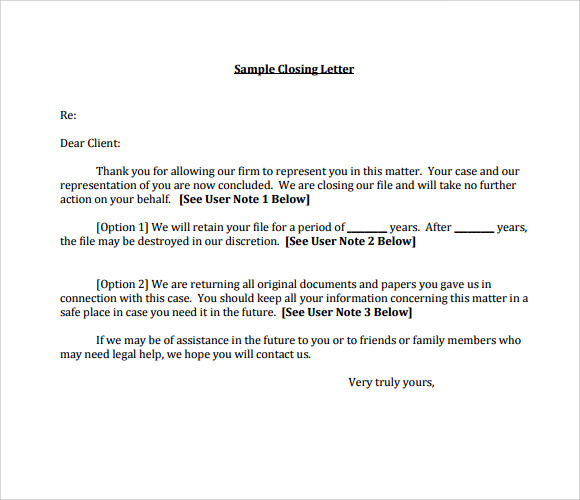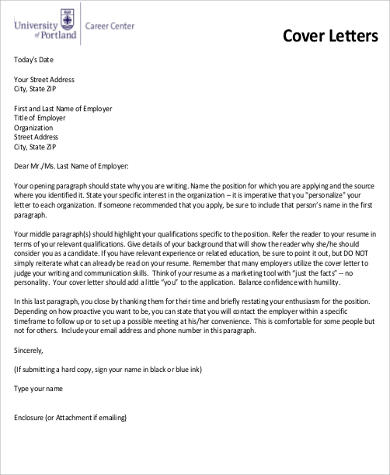
Within your email closing remarks, include your name, company name, and direct contact details (including phone number, if appropriate). Include Your Name, Company, Job Title, and Contact Info When Closing Your Business Emails This will help you gather more ideas for what is (and is not) an appropriate sign-off.

#Closing salutations examples professional#
Since you’d likely be receiving emails in any business setting, you can read through other business correspondence to get ideas for professional-sounding email closing phrases.Ĭonsider professional emails that you’ve received from colleagues in your industry, clients/customers if you have any, your boss, and others. Simply look at the tone and formality of the emails you’ve been receiving, and try to match that tone.

Also, realize that you don’t have to start with a blank page as you try to write your professional email closings.

Whereas, your emails should be a bit more professional if you’re writing to someone for the first time or if they seem quite formal in their own sign-offs. If the other person is using a casual email closing line, then it’s a sign you can maybe do the same.įor example, if the other person is using email closing lines like “Thanks” then you likely don’t need a formal email ending like “Sincerely.” Your email closing can be more casual if you’re in the middle of a back-and-forth conversation and already know the other person (unless you know that this person is very formal). You should choose a more professional closing in a formal industry (like banking & finance, or education), and write a more casual closing in modern industries (software technology, digital marketing, start-ups, etc.)įor example, in a formal industry, you may want to say “Thank you for your time” to close your email, whereas in a tech startup, it’s fine to say “Thanks.”Īnother example: “Kind regards” is a bit more formal, whereas “Best regards” is a bit more casual, but still certainly professional-sounding.įinally, there’s one more factor to look at: Choose an email closing sentence that fits the existing conversation and mirrors what the other person has been doing. This is a factor that will dictate the best email closing when working in a job and when job searching. If you’ve applied for a job that you hope to be considered for, then one of the best professional email closings is “Thank you for your consideration.” Next, when writing any professional email, consider your industry and work environment. If you’ve asked a specific question and are eager for a response, then it makes more sense to choose a professional closing such as “Looking forward to hearing from you.” If you’ve provided the recipient with an update, you could end the email by saying “Thank you for your time.” That’s rule #1 for picking the right email closing phrase. The ideal sign-off to your business email will depend on three factors… First, look at your entire email and think about what you’re asking/saying.Īs mentioned in the previous section, your email closing sentence needs to match your overall message.ĭo you expect a response soon and hope to talk?ĭo you wish to thank the recipient for something?Īfter choosing one of the email closings above, ask yourself if it makes sense in the context of the whole message you’ve written. Now, we’ve looked at multiple professional ways of closing your email, but which should you choose? The Best Email Sign-Offs for Your Situation: 3 Factors

So before choosing an email closing line, consider whether your message is more of an informal email, a formal email, a personal email, etc.Ĭoming up, I’ll share everything to consider when choosing the proper closing remarks to end your email. See the difference in tone/formality of these email sign-offs?ĭifferent email sign-offs are best for different scenarios. The following are 21 professional email closing examples that can be used for both formal and informal emails.įor an initial business email or any emails in a formal business setting, choose a more formal closing phrase from the list above.įor an ongoing conversation with an existing business contact, and/or any emails in a more casual industry, choose one of the more casual email closings above.Įxamples of a formal/professional email closing: Emails to employers while job searching.
#Closing salutations examples how to#
We’ll look at how to decide which email sign-off is best for your situation, since some email closings are quite formal while others are more casual and relaxed.Īfter reading this, you’ll know how to choose the right email ending for: I’m going to give you 21 examples of closing remarks you can use to end your email message with good email etiquette. If you’re looking for how to end a professional email, then this article is for you.


 0 kommentar(er)
0 kommentar(er)
